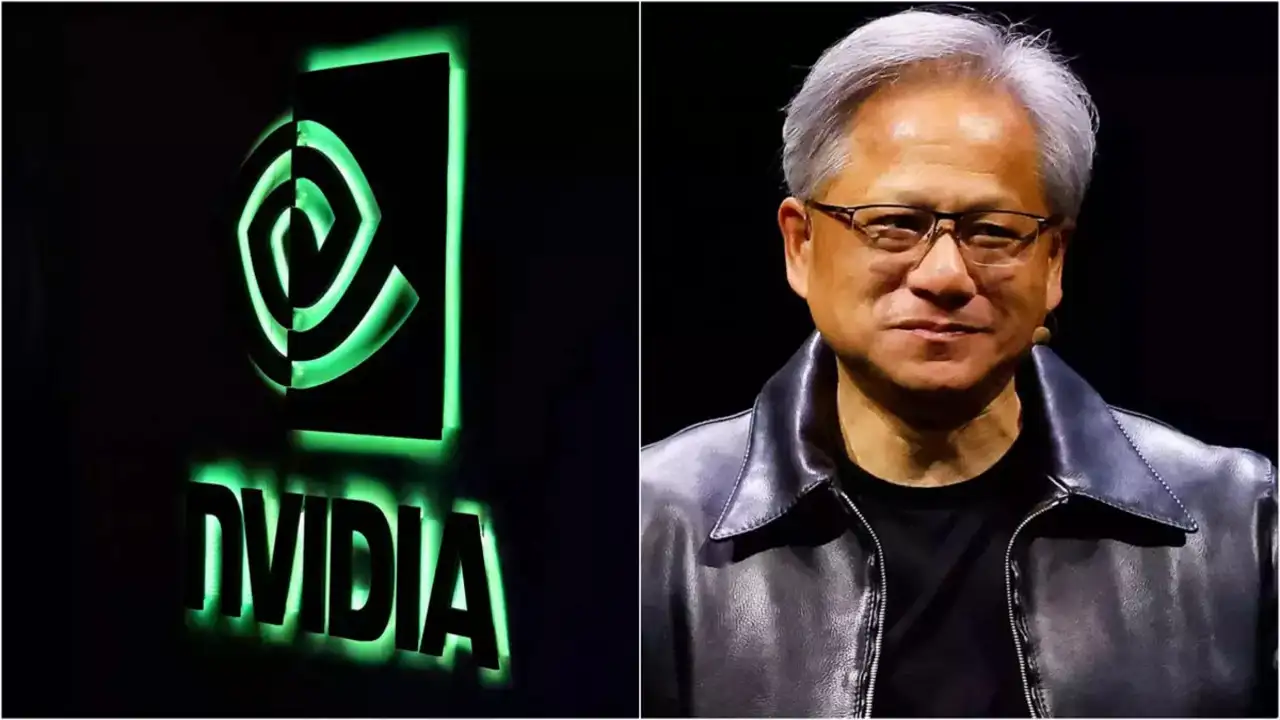Nvidia CEO Jensen Huang has voiced his disappointment after reports emerged that China is directing its tech companies to stop purchasing certain Nvidia AI chips. The move highlights growing tensions in global technology trade, particularly between the U.S. and China, and raises questions about the future of access to critical AI hardware.
What’s Going On
- China’s internet regulator has reportedly instructed major domestic firms—including names like Alibaba and ByteDance—to halt testing, cancel orders, or stop procuring Nvidia’s RTX Pro 6000D AI chip, one tailored for the Chinese market.
- This report follows previous restrictions both from China and the U.S., particularly relating to Nvidia’s H20 chip, which had been specially developed to comply with U.S. export limits.
Nvidia’s Reaction
- Jensen Huang said he is disappointed with the reported decision, noting that Nvidia has long served the Chinese AI market and contributed heavily both commercially and technologically.
- He acknowledged that China and the U.S. have “larger agendas” at play, and indicated that Nvidia understands political pressures, but expressed regret at the shift in access.
- Huang also mentioned the company has advised financial analysts to not count on China-related revenues in upcoming forecasts, given the uncertainty.
Political & Trade Context
- The restrictions are part of a broader pattern of China seeking to reduce reliance on foreign technology, while the U.S. continues to impose export controls on advanced AI chips and semiconductors.
- China has also accused Nvidia of violating antitrust or competition rules, particularly referencing a past acquisition of a chip company, though specific details of those accusations are still under review.
- The episode illustrates the deepening rivalry over high-performance computing and AI capacity, which has both economic and strategic implications.
What It Could Mean Going Forward
- For Nvidia: Loss of market access to China could cut off a substantial revenue source. The company may need to accelerate development of alternate supply lines or seek new markets.
- For Chinese tech firms: They’ll either need to shift toward domestic chipmakers or find workarounds, especially for AI workload demands.
- For the global chip supply and AI sector: The move could deepen fragmentation, with China doubling down on self-sufficiency and development of its own AI chips.
- For geopolitics and trade policy: This could trigger more responses—either from China in pushing protective policies, or from the U.S. and its allies in reaction to what they see as barriers to trade and cooperation in AI technology.
















Leave a Reply